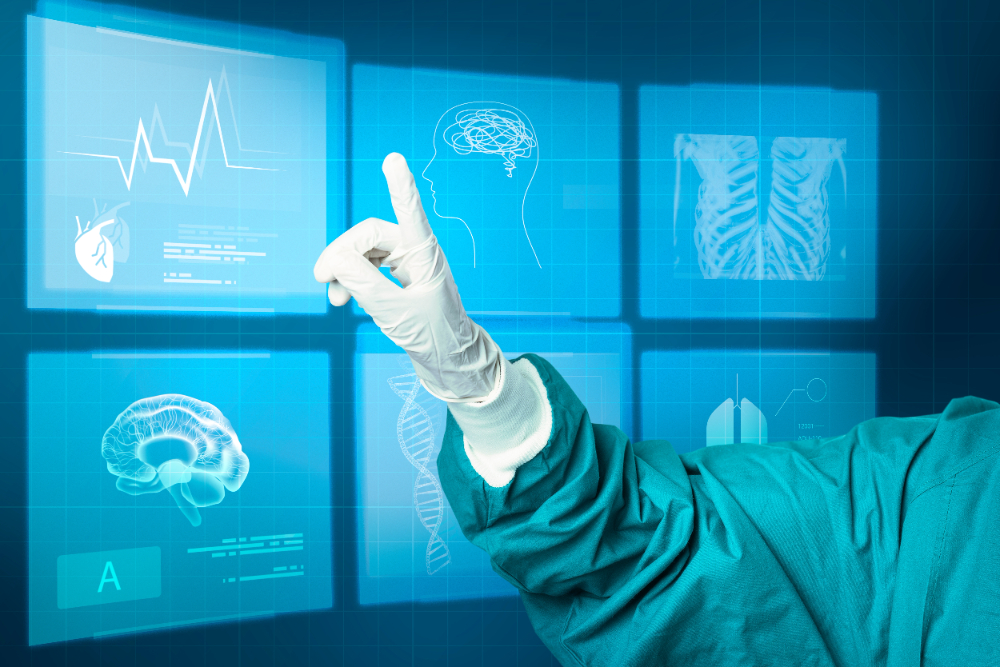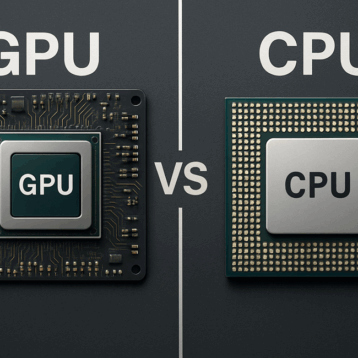AI in the healthcare industry does a solid job of reducing human blunders by helping with everything from figuring out what’s wrong with a patient to assisting during surgeries. Even with its huge contribution, it is far from perfect. Sometimes, it can make errors, leading to actual harm. That raises significant concerns about who is responsible for the damages and how victims get compensated.

Stick around as we delve into who exactly pays the bill when medical artificial intelligence fails—this is especially crucial information if you are considering taking legal action after suffering personal injuries in such an incident.
Healthcare Providers Duty to Keep You Safe
When you visit a hospital or clinic, there is an unspoken promise, as emphasized by legal experts like Russell Berkowitz, that healthcare professionals are dedicated to your well-being. This responsibility is known as the duty of care, and it is pretty rigid in medicine. Essentially, medical staff must provide safe and appropriate treatment following current standards.
Negligence happens when this duty is breached, resulting in things like incorrect diagnoses or errors in treatment. Simply put, if they drop the ball and you get hurt because of it, that is negligence. It is a serious issue that can lead not only to physical harm but also to legal battles over accountability for medical malpractice.
When Tech Meets Human Oversight
Doctors still hold a significant responsibility even when AI tools are to blame. Say an AI program suggests a treatment plan that is not quite right, but it slips through the cracks and is used on a patient. If harm follows, it is clear that any reasonable doctor might have spotted the issue with the AI’s suggestion, or if proper oversight was not practiced, the physician could be held accountable. Technology assists greatly in healthcare settings, but it doesn’t relieve medical professionals from their duty to make final decisions carefully and considerately.
AI in the Hot Seat: When Products Fail
Think back to the 1980s when the Therac-25 radiation therapy machine went haywire due to faulty software, blasting patients with 100 times their intended dose. The aftermath was tragic, with deaths and severe injuries leading to lawsuits that cost the manufacturer over $150 million.
These incidents could fall under product liability in similar modern scenarios where AI is embedded in medical devices or treatments. If an AI-powered product goes wrong and a patient suffers harm, the manufacturer might be held responsible for selling a defective product.
Navigating Murky Waters: The Legal Landscape of Medical AI
As we dive deeper into the era of medical AI, our legal systems are scrambling to keep up. Currently, laws surrounding who is responsible when AI falters in healthcare—physicians or tech companies—are still up in the air.
While doctors may prefer to impose liability on AI manufacturers, these companies argue that physicians make the final decisions. This gray area adds an extra layer of complexity for everyone involved.
With technology advancing rapidly, legislators have a hefty task: crafting laws that protect patients while fostering innovation and ensuring fair accountability when technology errs.
Why You Need a Lawyer for AI-Related Medical Malpractice Cases
Navigating medical malpractice is complex enough. When the claim involves artificial intelligence, it can feel like walking through a minefield. That’s where an experienced medical malpractice lawyer steps in, offering crucial guidance.
These cases often involve complex intersections of healthcare regulations and rapidly evolving tech laws that can be daunting to tackle alone. With legal expertise, you can ensure that all the technicalities are handled correctly and your rights are fully protected.
Conclusion
In a world where medical artificial intelligence continues to revolutionize healthcare, the question of accountability when things go wrong is more pressing than ever. Whether the fault lies with healthcare providers, AI manufacturers, or a mix of both, navigating the legal and ethical complexities requires careful consideration. Ensuring justice and fair compensation for victims is paramount, as is fostering an environment where innovation can thrive without compromising patient safety. With the guidance of an experienced medical malpractice lawyer, individuals can confidently seek resolution, holding the right parties accountable and paving the way for a more secure and reliable future in medical AI.










